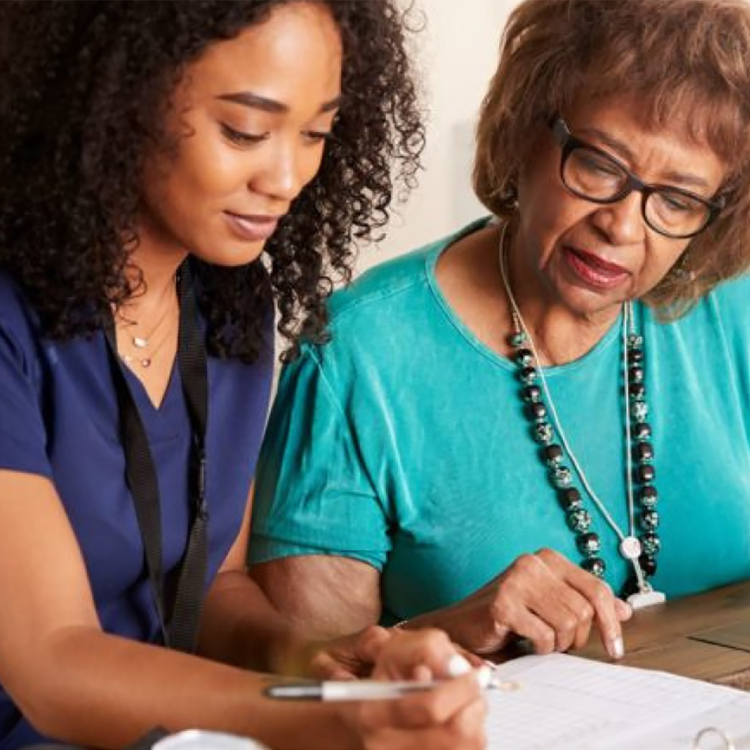McKesson’s sponsorship & creation of a multisector social determinants of health (SDOH) Cancer Care Program has created an integrated, equitable cancer continuum from diagnosis to survivorship through addressing whole person care needs in underserved communities across Dallas.
McKesson led the development, design, and curation of several partners for this innovative initiative and provided financial support to the overall program. This program was designed to help remove barriers to cancer care, create a seamless patient experience, and seek to address key SDOH needs for better health outcomes and quality of life. The larger goal McKesson is aiming for, in collaboration with key community partners, is to demonstrate the need to incorporate SDOH design for cancer care to help advance health outcomes for all, which is McKesson’s corporate purpose.
This effort ideation and planning started with McKesson in July of 2022 starting with curating key community based organizations and the program officially kicked off in February of 2023 and is executed by several key non-profit partners in north Texas. The program aims to support patients with a new cancer diagnosis to address whole person health by providing coordination and navigation of services by the Community Council of Greater Dallas (CCGD) enrolling patients, the Visiting Nurses Association’s Meals on Wheels program providing home delivered cancer-friendly meals, and transportation to and from treatment appointments provided by Feonix Mobility Rising.
The pilot aimed to enroll 30 patients in order to create a statistically significant sample size to demonstrate outcomes and impact. For post-pilot, to-date, CCGD has identified a backlog potentially with hundreds of patients with complex urgent social needs in a couple of health systems, whose patients can benefit from this program. The results of the pilot will be helpful in this type of cancer support exploration. The typical makeup of patients in the program are ones who are navigating cancer diagnoses – and can include patients in a later stage of the disease – with multi-faceted social needs.
Results: The statistical sample was reached. Without demonstrating a direct causation, we know the pilot is making a difference to lives – including six patients who, thankfully, are in remission. As of February 2024, over 4,000 meals have been provided and more than 1,300 rides have been provided to treatment appointments.
This approach to whole-person cancer care and support has a direct positive impact on the Dallas community and has brought organizations together in an intentional and impactful way. We anticipate that demand will continue to exceed capacity of patient loads and are planning to explore the need for further funding and expansion of these SDOH programs.
